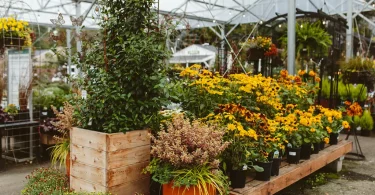Since more people are becoming interested in helping the environment and their health, organic farming is a priority for solving some of today’s main agricultural problems. Helping to save soil and ensure healthy produce, organic farming offers a healthier and greener future. What is organic farming exactly? In what ways is it different from traditional teaching? But mainly, how should we go about using it?
This guide examines the core of organic culture, studies the standard practices in organic farming, and details the everyday activities of farmers on organic farms. If you are just starting, already growing, or are only curious about farming, this article will tell you more about organic farming and its role in sustainability.
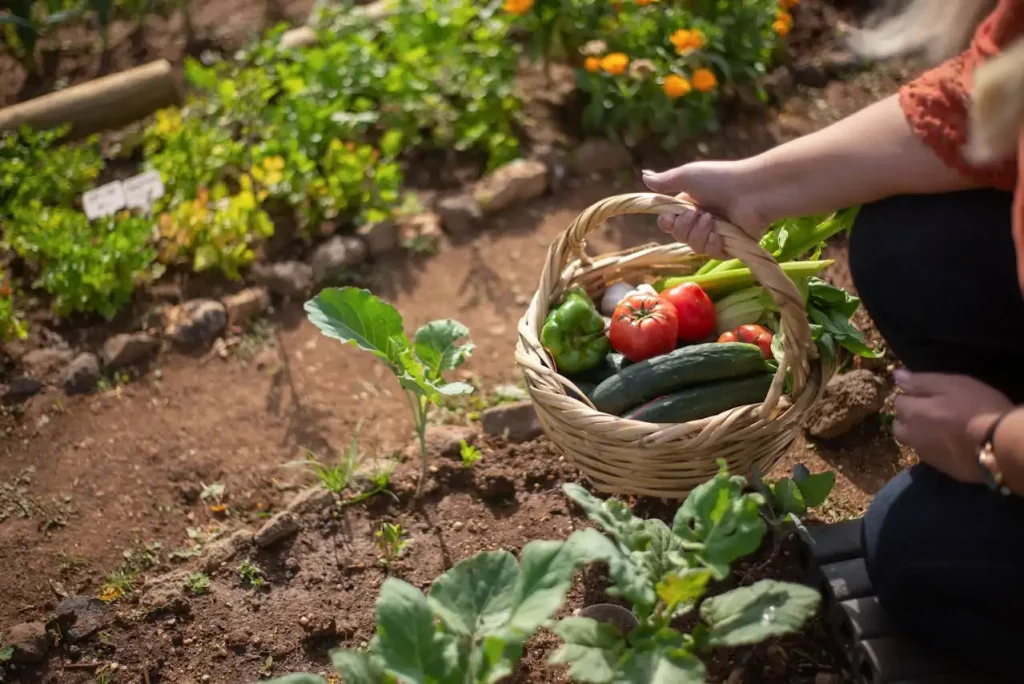
Define Organic Farming
Organic farming focuses on using natural methods, many types of animals and plants, and following seasonal changes in the area. Organic farming is different from conventional farming since it promotes good health for the soil, the environment, and people while avoiding using lots of synthetic fertilizers, pesticides, and GMOs.
Organic means the entire process, starting with soil preparation, deciding what to plant, managing pests, and finally collecting the harvest. It is a system that goes along with the ways of nature.
The Philosophy Behind Organic Culture
The main idea behind organic farming is an organic culture that seeks balance between farming and the environment. The International Federation of Organic Agriculture defined four main principles on which this philosophy is based.
Agriculture Movements (IFOAM)
It provides important guidance for working on organic farms, which are:
Health:
Soil, plants, animals, and humans should be protected and improved by organic agriculture.
Ecology:
It needs to follow and rely on how real ecological systems operate.
Fairness:
It should work to create fair and respectful relationships with the environment and new chances for people.
Care:
It should be looked after with care and attention to protect the public.
They help farmers decide on the right ways to use land, water, seeds, and labor.
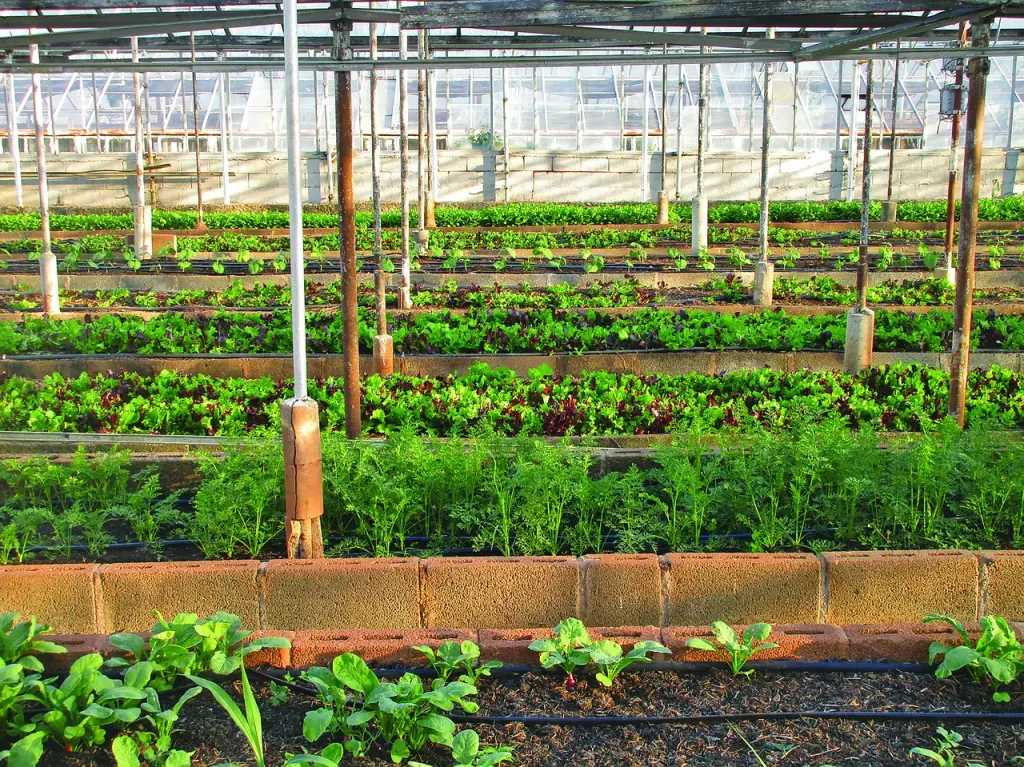
Ways of Organic Farming
Every organic agriculture system is different. Different climates, land features, crops grown and community expectations determine how organic farming is done. At the same time, nearly all organic systems have things in common:
1. Crop Rotation:
It is important for organic farmers to use this approach. Renewing crops in one field is good for the soil and reduces the number of pests. For example, beans and other leguminous plants help soil by adding nitrogen which leads to advantages for later crops.
2. Green Manuring:
Green manures are mainly grown as cover crops to improve the nutrients and general condition of the soil. When added to soil, they contribute to its structure and bring extra microbes.
3. Composting:
Compost forms the basis of all activities in organic gardening and farming. Organic waste, including crop leftovers, food trimmings, and animal manure, is transformed in the process into a soil additive that increases soil quality and structure.
4. Biological Pest Control:
Beneficial insects (for example, ladybugs), birds, or microbial solutions are used by organic farmers to help address pests, rather than chemical insecticides. This action forms a larger strategy called Integrated Pest Management (IPM).
5. Organic Pesticides:
Natural substances that meet strict regulations may be used in place of synthetic pesticides like neem oil, diatomaceous earth, and pyrethrum. Because they are less dangerous to the environment, they are not very harmful to important insects.
Organic Gardening: The Microcosm of Organic Agriculture
Organic farming happens mainly on big farms, but organic gardening brings those methods to your backyard. It concentrates on a variety of lifeforms, well-maintained soil, and greenways of farming.
In organic gardening:
- Soil compaction can be minimized by building raised beds.
- When your companion grows certain crops, it naturally helps to prevent pests.
- By mulching, water is retained and weeds are suppressed.
- Rainwater harvesting leads to less wasted water.
In both cases, when you grow tomatoes or tulips organically, you get healthy crops and encourage a well-balanced environment in your garden.
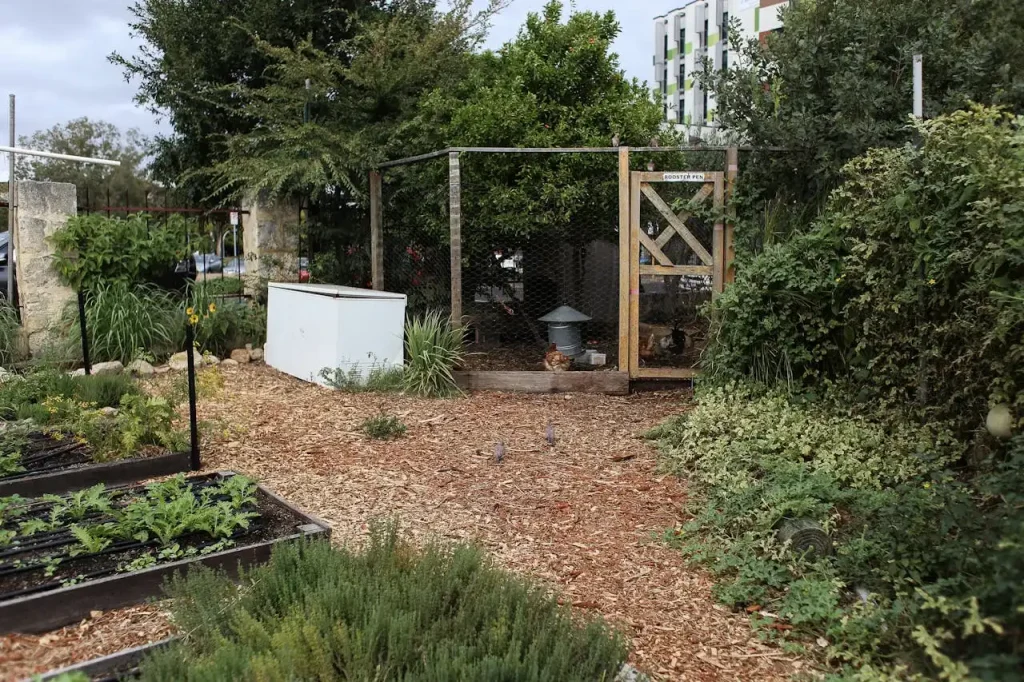
Organic in Agriculture: A Growing Movement
Most people are now known for organic means of farming. The Research Institute of Organic Agriculture (FiBL) states that over 75 million hectares worldwide are now organically farmed and interest in organic foods is increasing among consumers.
Several reasons lead to this growth:
Consumer Awareness
More people are aware of and concerned about food safety and the effects food has on the environment.
Policy Support:
There are many incentives given by governments to farms and businesses planning to go organic.
Market Opportunities:
Many people are willing to pay more for organic produce products.
Climate Resilience:
Organic systems are usually able to handle climate change better because they enhance biodiversity and protect the soil.
Working on Organic Farming: How Is It?
Many people have thought about finding work on organic farms. Worldwide, many people such as seasonal workers and WWOOF volunteers, get involved in hands-on organic farming every year.
This is what people usually do when working on an organic farm:
Planting and Harvesting.
You will need to do physical tasks, for example, sowing seeds and picking crops.
Soil Management:
Compost should be turned, its pH checked and mulching is a common step, too.
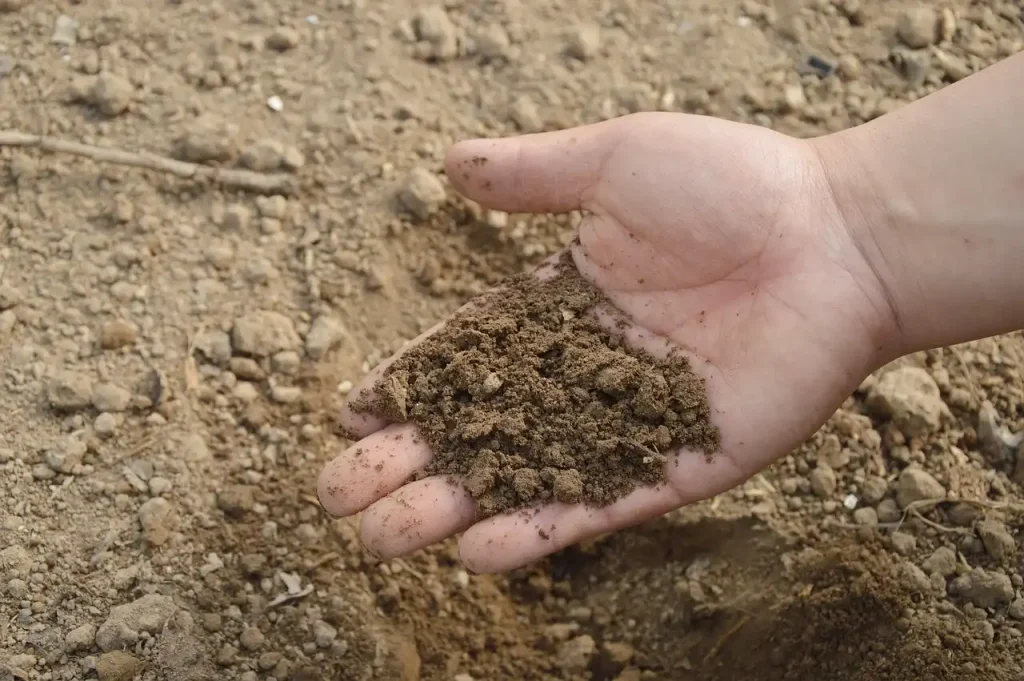
Pest Control:
Some methods you might use are releasing ladybugs or spraying neem oil.
Animal Care:
You might feed live animals, pick up eggs, or clean the barn on mixed farms.
Learning and Community:
A lot of organic farms function as gathering spots for people to discuss ideas and make new connections.
Participating in the farming process tends to increase one’s understanding and respect for what goes into raising ethical and healthy foods.
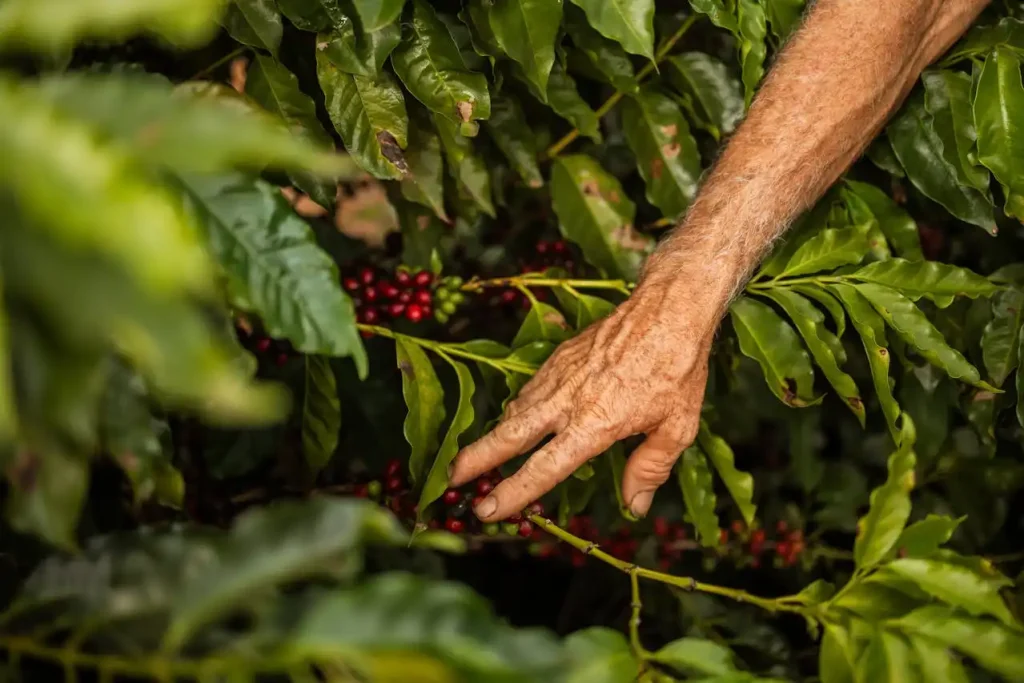
Benefits of Organic Produce Farming
Organic farming means caring for the environment, as well as producing healthy food.
Environmental Benefits
Loamy and rich soil are built when organic farming relies on composting and planting cover crops.
Biodiversity:
Organic farmers do not use monocultures or pesticides made in labs which allows more types of life to exist.
Water Conservation:
Water stays longer in organic soil, so it doesn’t require as much irrigation.
Carbon Sequestration:
Soil that is healthy traps significant amounts of carbon which is positive for reducing climate change.
Health Benefits
More Safety from Pesticides: There are fewer pesticide residues in organic food.
Nutritional Value:
Some research indicates that organic food is richer in antioxidants.
No GMOs:
Organic farming standards make sure genetically modified organisms are not permitted.
Antibiotic-Free:
Routinely giving antibiotics to animals is not a practice in organic meat and dairy farming.
Challenges in Organic Farming
While organic farming is helpful, there are specific problems that cannot be ignored.
1. Lower Yields
Many organic farms produce less than conventional ones in the beginning. This may cause companies to be concerned about their earnings.
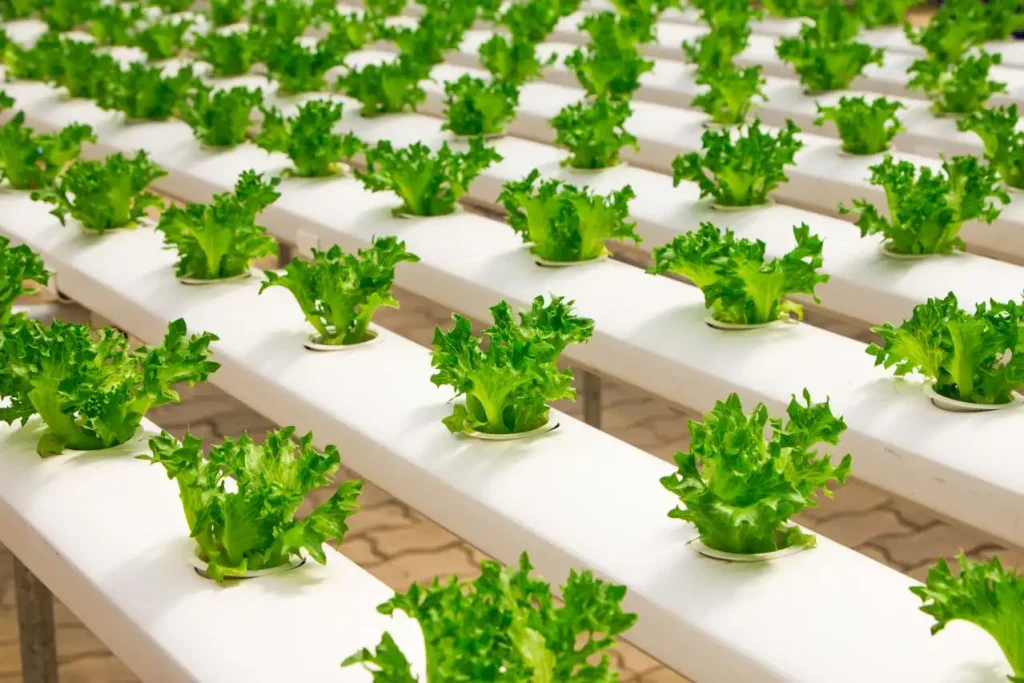
2. Labor-Intensive
It takes more manual labor if synthetic chemicals are not used. Paying for labor can be much more expensive.
3. Certification Process
Organic certification is not easy, takes a lot of effort and time, and comes at a price. To change to organic farming, farmers first need to log their practices, allow inspections, and wait for several years.
4. Handling Pests and Diseases
It can be hard to control pests and diseases naturally and their success is not as reliable or stable as chemical methods.
Despite the difficulties, many farmers pick organic farming because they think it is ethical and good for the future.
New Approaches in Organic Agriculture
Organic farming does not stay the same; it changes as science and technology evolve.
AI and Drones:
Robots and drones are now used for soil monitoring as well as tracking crops, helping with organic cultivation.
Seed Saving:
Heirloom types are being brought back by farmers who grow organically.
Biofertilizers:
They enliven the soil with microbes but do not depend on chemicals.
Intercropping and Agroforestry:
They introduce more plant and animal species which increases the resistance of the farm environment.
Such ideas bring traditional and modern science together, allowing organic methods to work on a larger scale.
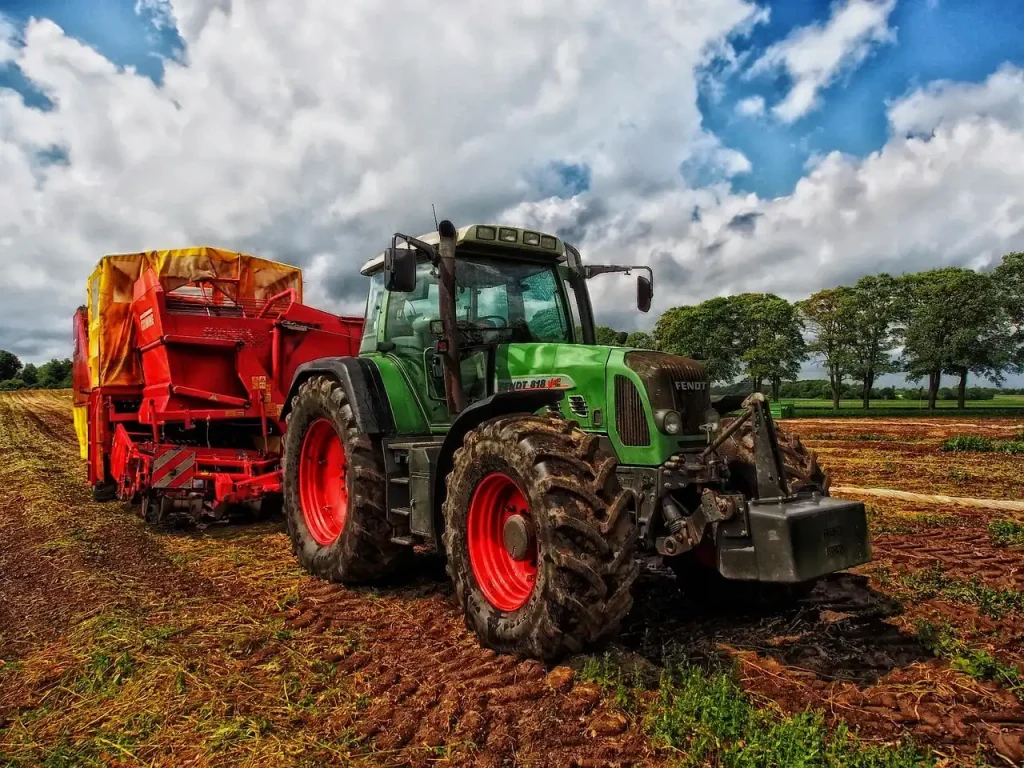
How to Start Organic Farming
Do you want to learn how to grow food organically? I am going to share an example in steps:
Study Your Soil:
Find out about the soil’s health, the levels of acidity in the soil, and how well water is drained.
Start Small:
First, try growing a small number of crops following a simple plot.
Enrich the Soil:
You should depend on compost, green manures, and organic mulches.
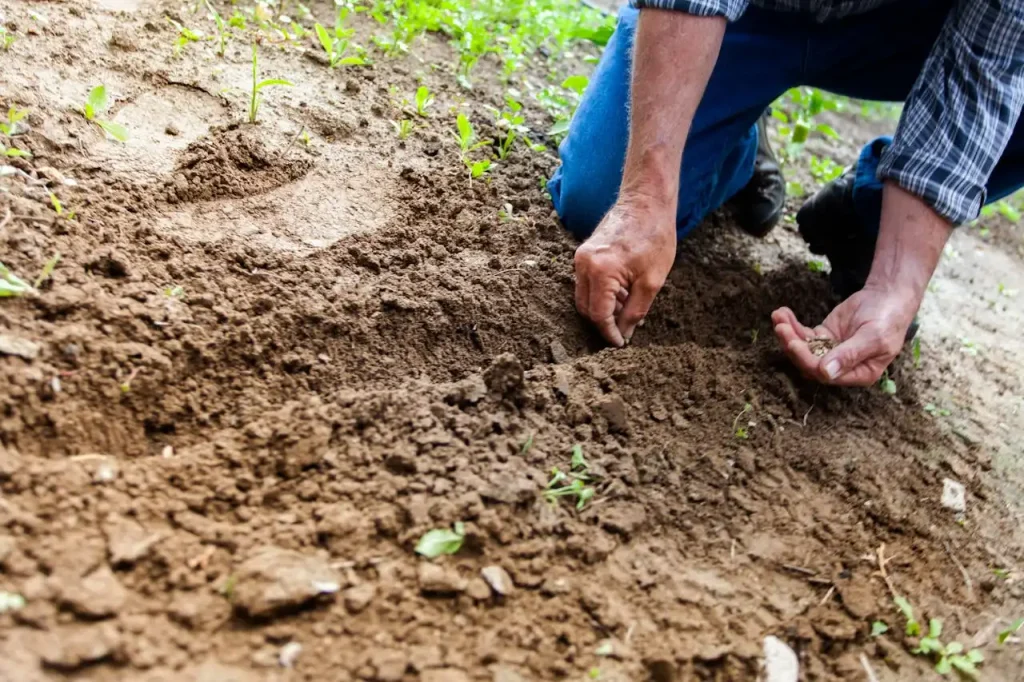
Crop Rotations:
Keep changing the location of the crops you grow.
Choose Organic Seeds:
Growing crops using certified organic seeds is the safest way to be sure they are pure.
Design a Pest Management Plan:
Study what insects help in the garden and which pesticides are safe for plants.
Apply for Certification:
Take care of all the paperwork well in advance if you plan to farm commercially.
Connect with Community:
Attend or sign up for events with nearby organic farming communities.
Regardless of whether you grow food for yourself or sell it, taking the organic route is helpful for your family and for the environment.
The Future Agriculture and Organic
People usually see the relationship between agriculture and organic farming as helping, rather than hurting each other. Since we have to deal with issues like climate change, loss of soil, and insufficient food, organic methods can support improvements in larger agriculture.
There’s a popular view among experts that using elements of both organic and conventional farming is the most realistic direction. Occupations like organic farming teach us to understand and save the environment and this lesson could be vital for future food security.
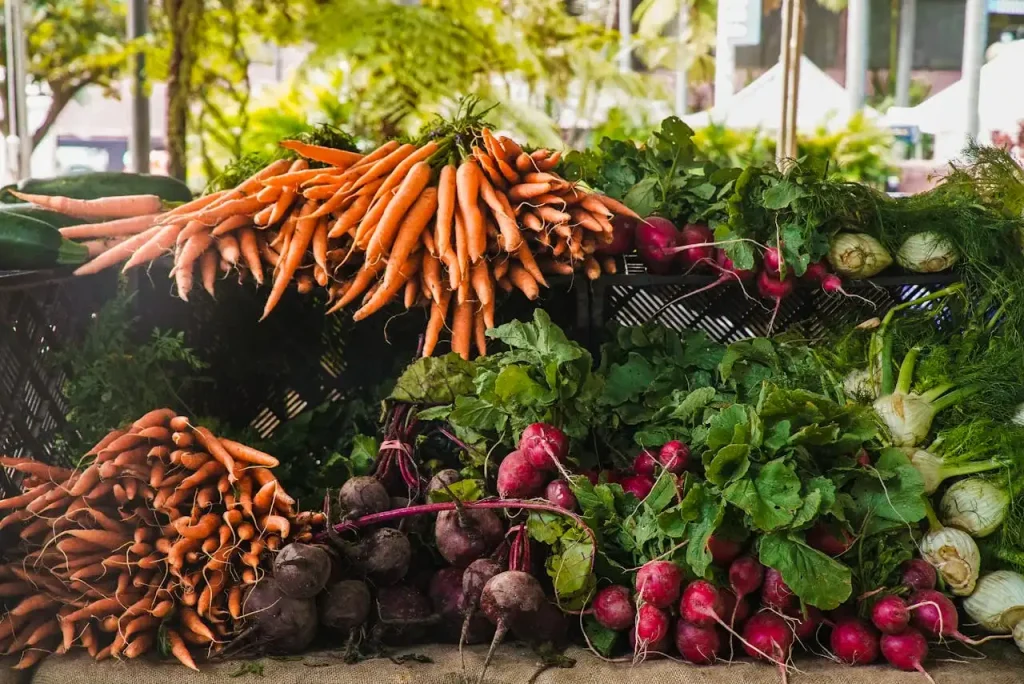
Final Thoughts
Being an organic farmer goes beyond the methods; it means having a certain frame of mind. It means people should care more about nature, choose sustainability, and believe in ethically creating food. No matter if you are raising organic food in fields or your home, you join a group of people who care about all forms of life.
Knowing about organic farming allows us to protect nature, buy better, and encourage a more vibrant planet. As people continue to use organic practices in their farming, both the world and the future appear more positive and brilliant.


